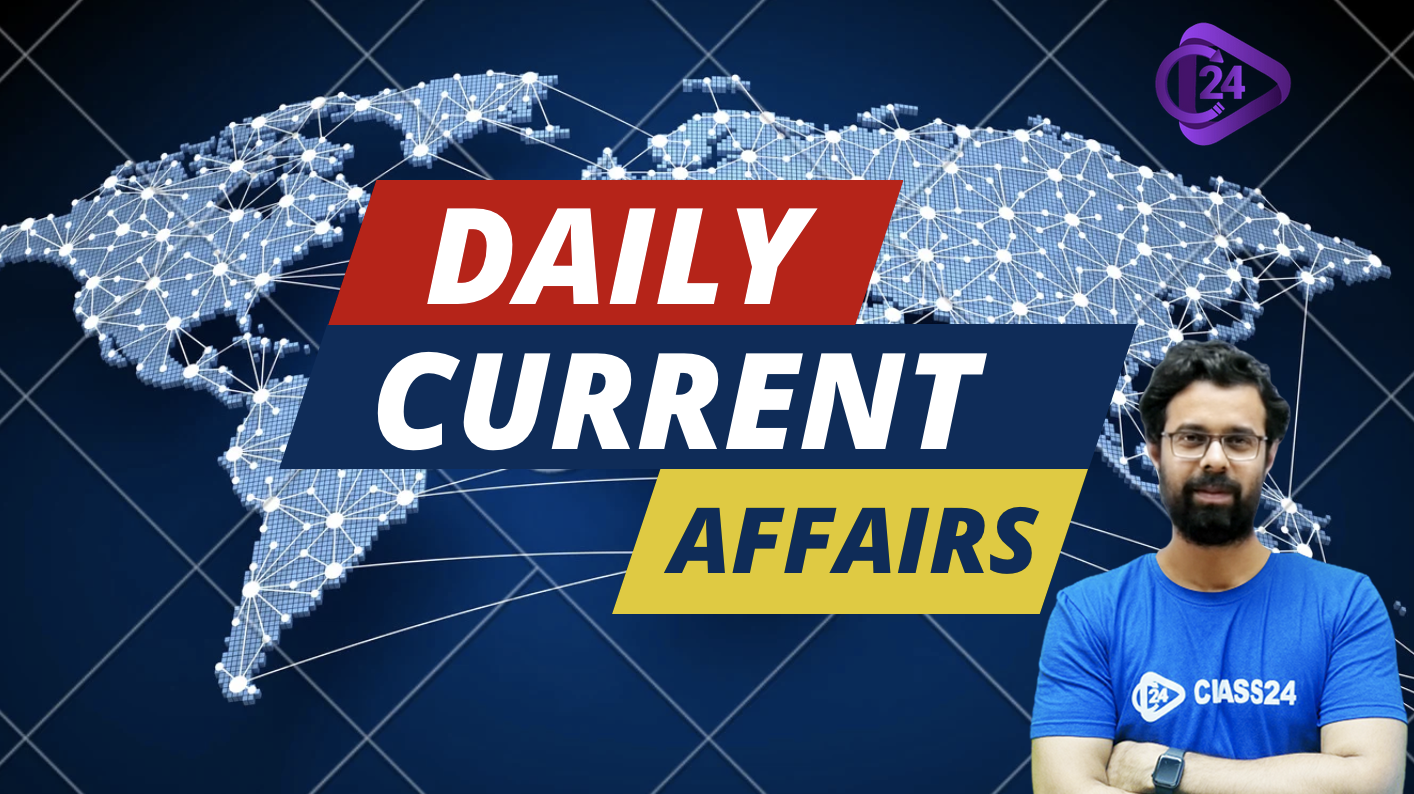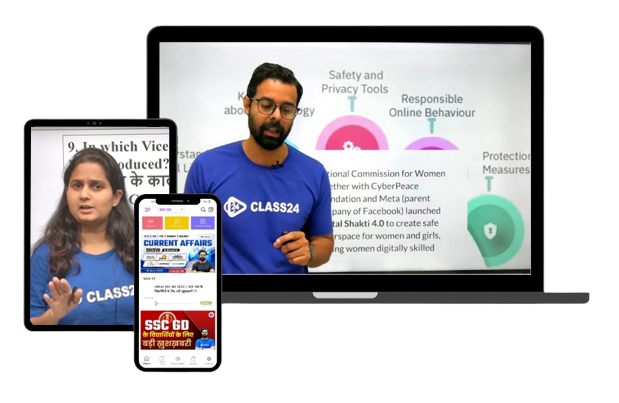Daily Quizzes
Mock Tests
Ongoing
No tests attempted yet.
Select Category
Daily Current Affairs Update: 5th April, 2023

Incidents of Hate Speeches Against Minority Communities
- The Supreme Court recently slammed the “silence of the state” to spiralling incidents of hate speeches made against minority communities.
Recent incidents of Hate Speech
- A spokesperson of a political party in Tamil Nadu said that-‘if you want equality you should butcher all the Brahmins….‘. No FIR has been registered against the person and he continues to be a spokesperson of the party.
- A video clip circulated from Kerala showing a child being made to threaten Hindus and even Christians.
What is “Hate Speech”?
- Hate speech is defined as any speech, gesture, conduct, writing, or display that may incite violence or prejudicial action against or by any individual or group, or because it disparages or intimidates a particular individual or group.
Reasons to Curb Hate Speech
- It undermines social equality as it reaffirms historical marginalization, oppression & discrimination.
- It is enacted to cause psychological and physical harm to its victims as it incites violence.
- It is used to provoke individuals or society to commit acts of terrorism, genocides, ethnic cleansing etc.
- It is a tool to create panic through rumour mongering against targeted people. For example, the Northeast exodus.
legal provisions related to Hate Speech in India?
- Section 153A IPC penalises ‘promotion of enmity between different groups on grounds of religion, race, place of birth, residence, language, etc., and doing acts prejudicial to maintenance of harmony’.
- Section 153B IPC penalises ‘imputations, assertions prejudicial to national-integration’.
- Section 295A IPC penalises ‘deliberate and malicious acts, intended to outrage religious feelings of any class by insulting its religion or religious beliefs’.
- Section 298 IPC penalises ‘uttering, words, etc., with deliberate intent to wound the religious feelings of any person’.
- Section 505 IPC penalises publication or circulation of any statement, rumour or report causing public mischief and enmity, hatred or ill-will between classes.
- Part VII of the Representation of People Act, 1951 classifies hate speech as an offence committed during elections into two categories: corrupt practices and electoral offences.
Interpretation of the Supreme Court related to Hate Speech
Ramji Lal Modi Case( 1957)
- A five-judge Supreme Court bench upheld the validity of Section 295(A) in this case.
Superintendent, Central Prison, Fatehgarh Vs Ram Manohar Lohia case (1960)
- It was claimed that in order to invoke Section 295(A) of the IPC, a strong linkage must exist between the speech that was spoken and any public disorder that was brought about as a result of it.
S. Rangarajan Etc vs P. Jagjivan Ram
- In this decision, the Court ruled that the right to free speech cannot be restricted unless the situation it creates is one that endangers the community or the public interest, and that threat cannot be imagined, remote, or improbable.
Amish Devgan v. Union of India (2020)
- According to the Supreme Court, “hate speech has no valid or redeeming motive other than hostility for a specific group.”
Challenges to Hate speech
- Defining hate speech
- Balancing free speech and hate speech
- Identifying and removing hate speech online
- Addressing hate speech in non-English languages
- Addressing hate speech by public figures and politicians
- Lack of resources and legal framework




